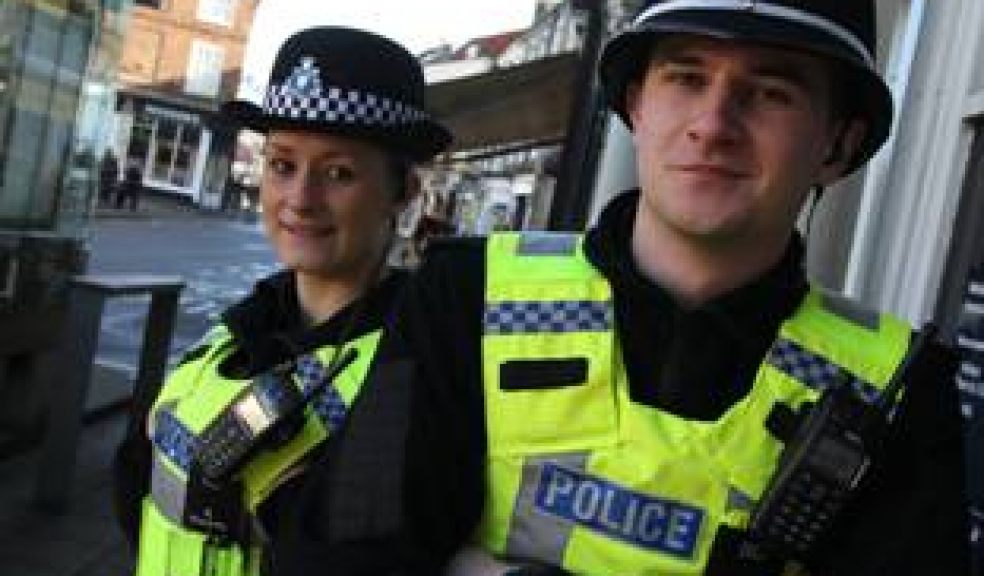
PCC hails new recruitment pilot for Specials
Devon and Cornwall will have 200 extra Special Constables working in its communities in the next four years.
In his Police and Crime Plan Police and Crime Commissioner Tony Hogg pledged to boost Devon and Cornwall’s Special Constabulary from 600 to 800 by 2017 and provided Chief Constable Shaun Sawyer with the funding to do this from contingency funds.
The Force is now developing a process to deliver on Mr Hogg’s pledge and he has hailed the planned recruitment pilot as groundbreaking in its use of distance learning and new technology and its inclusivity.
To achieve Mr Hogg’s target of 800 Specials the Force needs to train an additional 65 recruits this financial year, on top of the 120 it had already budgeted for. Additional recruitment and training above the planned 120 might also be required in the following years.
Each cohort of recruits numbers 40 students and sees each undertake 12 weekends’ residential training at police headquarters in Exeter. This can prove limiting for potential recruits with existing weekend work commitments, childcare issues or who simply finds it difficult to travel regularly to Exeter.
Adding two extra courses to the Force’s training schedule would also cause capacity issues within the training department.
The Force’s solution is to deliver an additional traditional, classroom-based course for 40 recruits alongside another distance learning course for 25 students, who will use tablet based training modules to complete much of their course. This will be combined with four or five weekends of operational training.
Running the courses concurrently allows the Force to satisfy its recruitment demand while mitigating any risk should the pilot prove unsuccessful.
It also allows for effective evaluation of the distance learning students against those following the more traditional route which will be used as evidence when planning future recruitment.
“I applaud the Force for this innovation and its efforts to achieve my target of 800 Special Constables,” said Mr Hogg.
“The distance learning option not only provides significant short and long-term cost savings, in the region of 30 per cent, it also means that people who would not have previously volunteered to join the Special Constabulary, but who are who are committed to making their communities better places to live, may now do so.
“Special Constables play an important role in forging strong links between the police and local people.
“I believe that there is great potential to increase the number of Specials and for the Force to benefit from the skills and backgrounds they have.”
Ros Penny, the Force head of learning and development, said: “Our training team is genuinely excited by the opportunity to support operational policing in such a new and innovative way.
“As educational approaches develop, we know that many people have become accustomed to different ways of learning and technology helps us to meet their needs in a more efficient and convenient way. This approach provides tangible savings for us too.
“So this initiative is an exciting opportunity to trial some of the new approaches we have developed and we look forward to assessing how they work for people who want to serve their communities, and develop themselves, as members of the Special Constabulary.”



















